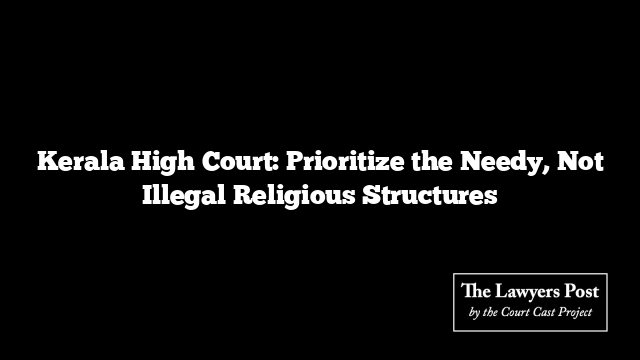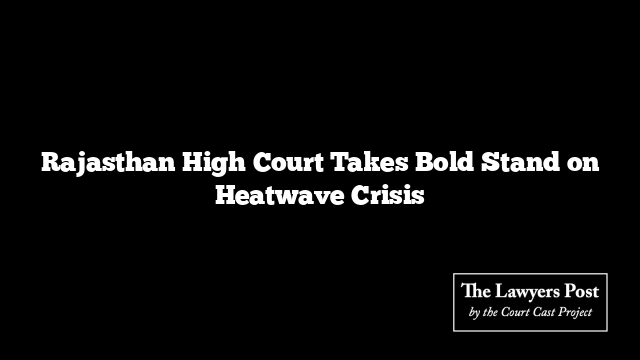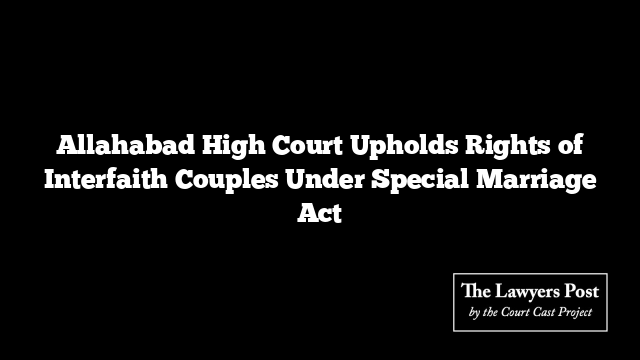In a significant ruling, the Kerala High Court has mandated the removal of unauthorized religious structures from government land, emphasizing that true devotion does not require encroachment.
“God is everywhere. Believers need not encroach government land to construct religious structures. Let it be distributed to landless people and used for mankind. God will be more happy,” the court remarked.
Justice PV Kunhikrishnan instructed the State Chief Secretary to have District Collectors investigate any illegal religious constructions and take action within six months. This directive follows a petition by the Plantation Corporation of Kerala, which accused certain political factions of encroaching on its leased land.
Despite arguments that the small worship sites, primarily erected by Hindu plantation workers, fulfilled a local need, the court maintained that such structures could incite communal tension. The ruling underscored the importance of adhering to constitutional principles, which guarantee religious freedom but not at the expense of public order and harmony.
Highlighting a troubling trend, the court noted that temporary religious markers on public land often lead to permanent structures, disrupting communal peace. The judgment called for a comprehensive report within a year on the removal of such illegal constructions across Kerala.
Kerala, known as ‘God’s Own Country’ for its religious diversity, faces the challenge of balancing faith with legal and communal harmony. This ruling aims to ensure that government land is used for public benefit, reinforcing the state’s commitment to a ‘SOVEREIGN SOCIALIST SECULAR DEMOCRATIC REPUBLIC’ as outlined in the Indian Constitution.
Legal representation for the petitioners included advocate Rajesh N., with Government Pleader Riyal Devassy representing the state and advocate K K Sethukumar appearing for the private respondents.





